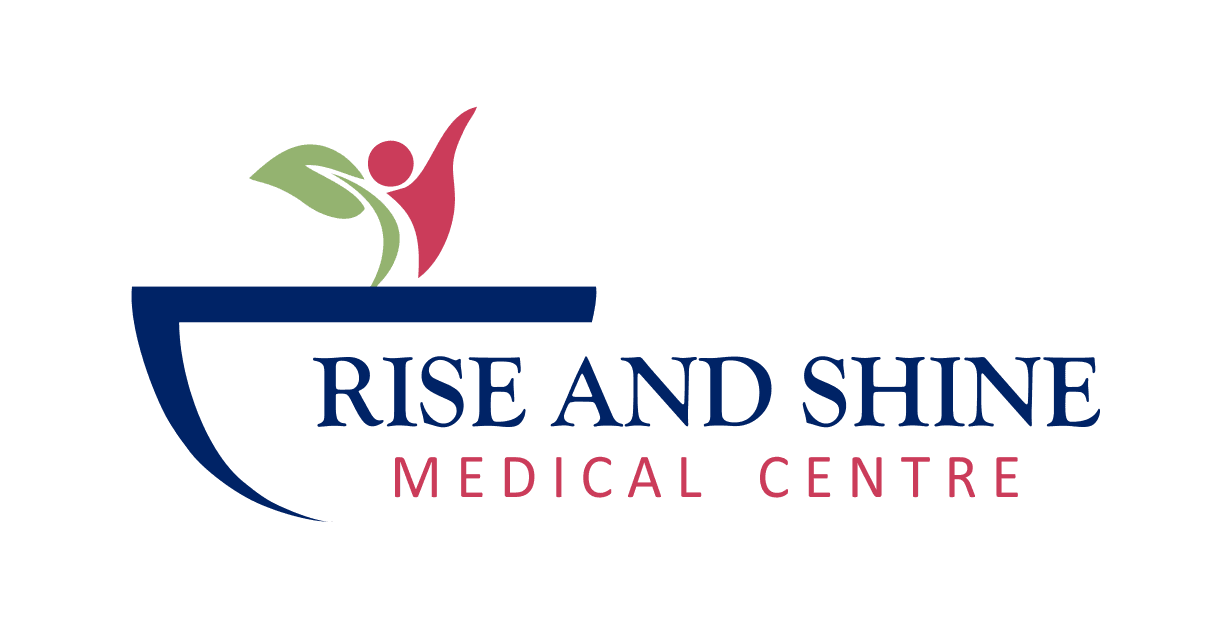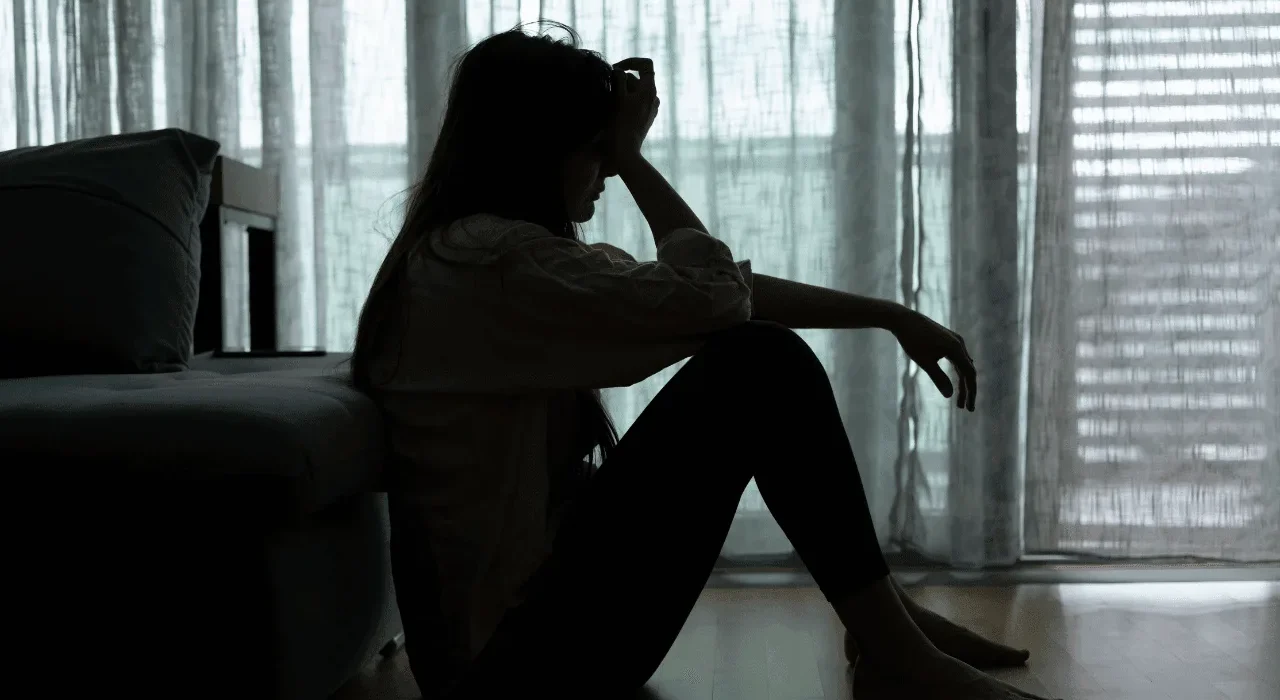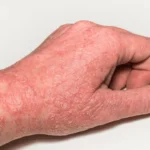What Is Depression and Why Does It Affect Some People More Than Others?
Depression is a common but serious mental health condition that affects how a person feels, thinks, and manages daily activities. While occasional feelings of sadness are a natural part of life, depression is a prolonged state that requires understanding, support, and often treatment. Let’s explore what depression is and why it affects some individuals more than others.
What Is Depression?
Depression, also known as major depressive disorder (MDD), is a mental health condition characterized by persistent feelings of sadness, hopelessness, and a lack of interest in activities once enjoyed. It can interfere with daily life and relationships, leading to significant emotional and physical challenges.
Types of Depression:
- Major Depressive Disorder (MDD): A severe form of depression that lasts for at least two weeks.
- Persistent Depressive Disorder (PDD): A chronic form of depression that lasts for two years or more.
- Postpartum Depression: A form of depression that occurs after childbirth.
- Seasonal Affective Disorder (SAD): Depression that arises during specific seasons, often winter.
- Bipolar Disorder: Alternating episodes of depression and mania.
Also read:- Stress & Anxiety | Causes, Symptoms & Treatment
Symptoms of Depression
Depression symptoms can vary from mild to severe and may include:
- Persistent sadness or empty feelings
- Loss of interest in hobbies or activities
- Fatigue or lack of energy
- Changes in appetite or weight
- Trouble sleeping or sleeping too much
- Difficulty concentrating or making decisions
- Feelings of guilt, worthlessness, or helplessness
- Physical symptoms like headaches or body aches
- Thoughts of death or suicide
Also read:- Top 10 Health Conditions Treated by Homeopathy at Rise and Shine Clinic
Why Do Some People Experience Depression More Often?
Several factors can increase an individual’s vulnerability to depression:
1. Biological Factors
- Genetics: A family history of depression can increase the risk.
- Brain Chemistry: Imbalances in neurotransmitters, such as serotonin and dopamine, play a significant role.
- Hormonal Changes: Hormonal imbalances during pregnancy, menopause, or due to thyroid disorders can contribute to depression.
2. Environmental Factors
- Stressful Life Events: Traumatic experiences, such as loss, abuse, or financial difficulties, are common triggers.
- Chronic Illness: Long-term physical health conditions like diabetes or cancer can lead to depression.
- Substance Abuse: Alcohol and drug misuse can worsen depressive symptoms.
3. Psychological Factors
- Personality Traits: Individuals with low self-esteem or a pessimistic outlook may be more prone to depression.
- Negative Thinking Patterns: Habitual negative thoughts can perpetuate depressive cycles.
4. Social Factors
- Isolation: Lack of social support or meaningful relationships can increase vulnerability.
- Cultural Stigma: Societal attitudes toward mental health can discourage individuals from seeking help.
Also read: How Long Does Homeopathy Take to Treat Chronic Allergies in Abu Dhabi?
How Is Depression Diagnosed?
Diagnosis involves a comprehensive evaluation by a mental health professional, which may include:
- Clinical Interviews: Discussing symptoms, medical history, and lifestyle.
- Screening Tools: Standardized questionnaires like the PHQ-9 (Patient Health Questionnaire).
- Physical Exams: Ruling out underlying medical conditions.
How to Treat and Manage Depression
1. Therapy
- Cognitive Behavioral Therapy (CBT): Helps identify and change negative thought patterns.
- Interpersonal Therapy (IPT): Focuses on improving relationships and communication.
- Psychodynamic Therapy: Explores unresolved conflicts and past experiences.
2. Medications
- Antidepressants: Such as SSRIs (Selective Serotonin Reuptake Inhibitors) or SNRIs (Serotonin-Norepinephrine Reuptake Inhibitors).
- Mood Stabilizers: For conditions like bipolar disorder.
3. Lifestyle Changes
- Regular exercise to boost mood-enhancing endorphins.
- Healthy eating habits to support overall well-being.
- Adequate sleep to improve emotional resilience.
- Mindfulness and meditation to reduce stress.
4. Support Systems
- Building a network of supportive friends and family.
- Joining support groups to connect with others facing similar challenges.
Preventing Depression
While depression isn’t always preventable, certain steps can reduce the risk:
- Stress Management: Practice relaxation techniques like yoga or deep breathing.
- Stay Connected: Maintain meaningful relationships and social interactions.
- Seek Help Early: Address symptoms before they escalate.
- Develop Resilience: Build coping skills to manage life’s challenges.
When to Seek Professional Help
If you or someone you know is experiencing symptoms of depression, it’s important to seek help. Warning signs include:
- Persistent feelings of hopelessness
- Inability to perform daily tasks
- Thoughts of self-harm or suicide
Contact a mental health professional or reach out to a helpline in your area for immediate assistance.
Conclusion
Depression is a complex condition with a variety of causes and manifestations. Understanding the factors that contribute to depression can help reduce its impact and guide individuals toward effective treatments. Remember, depression is treatable, and seeking help is a sign of strength. By fostering awareness and compassion, we can support those affected and promote mental health for all.



